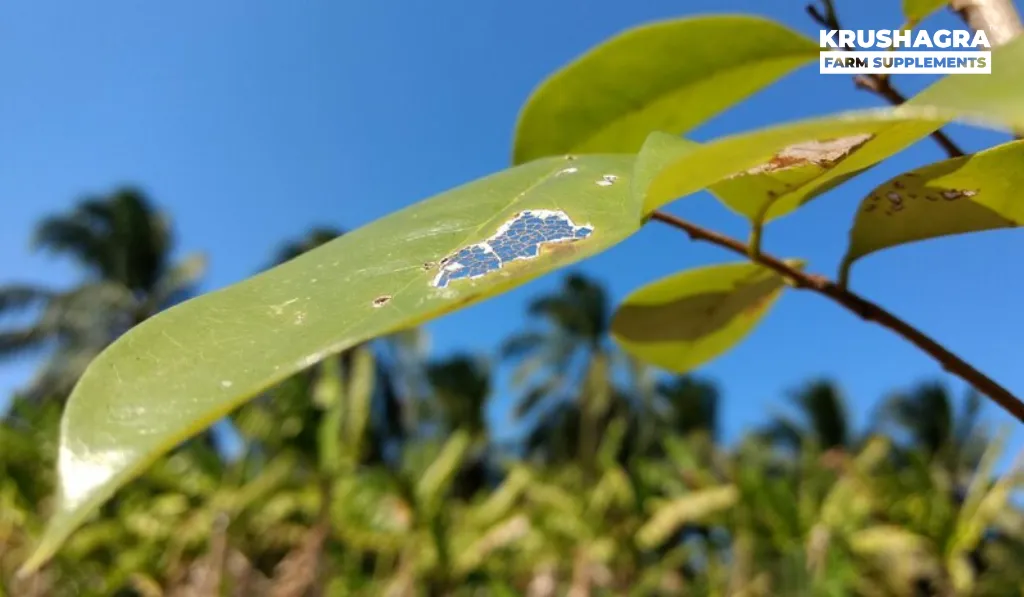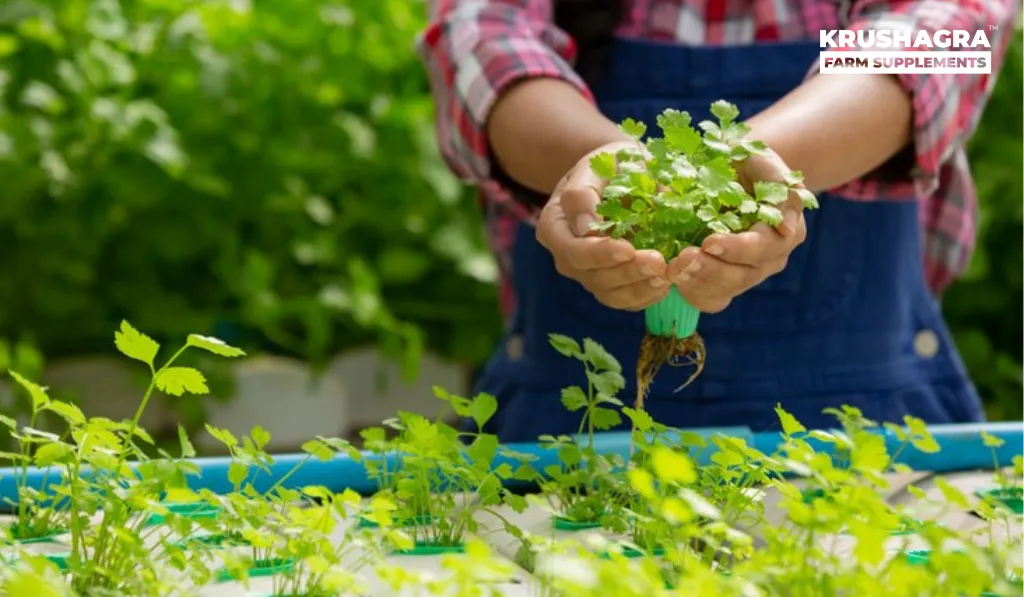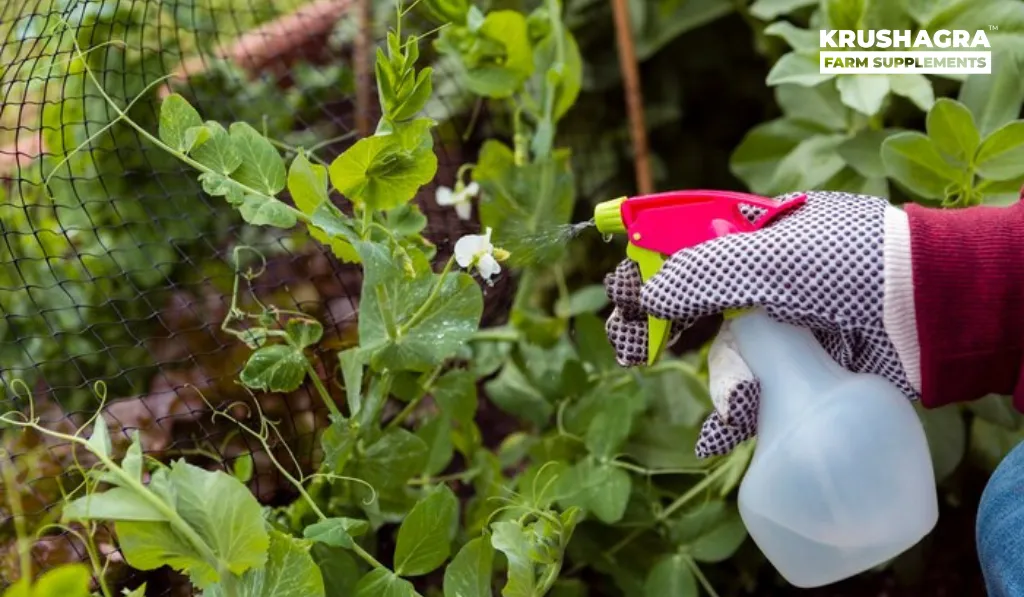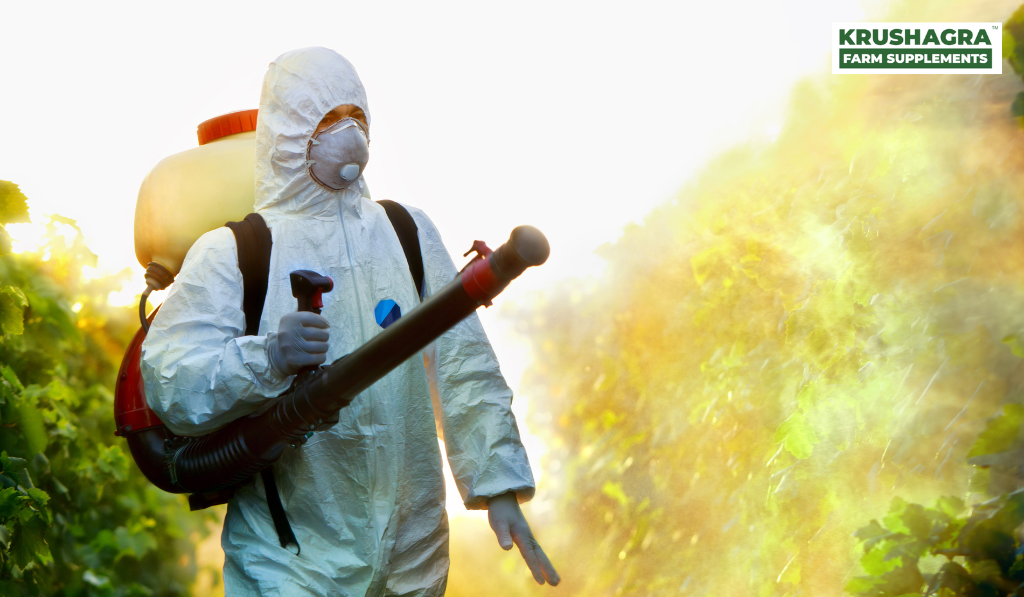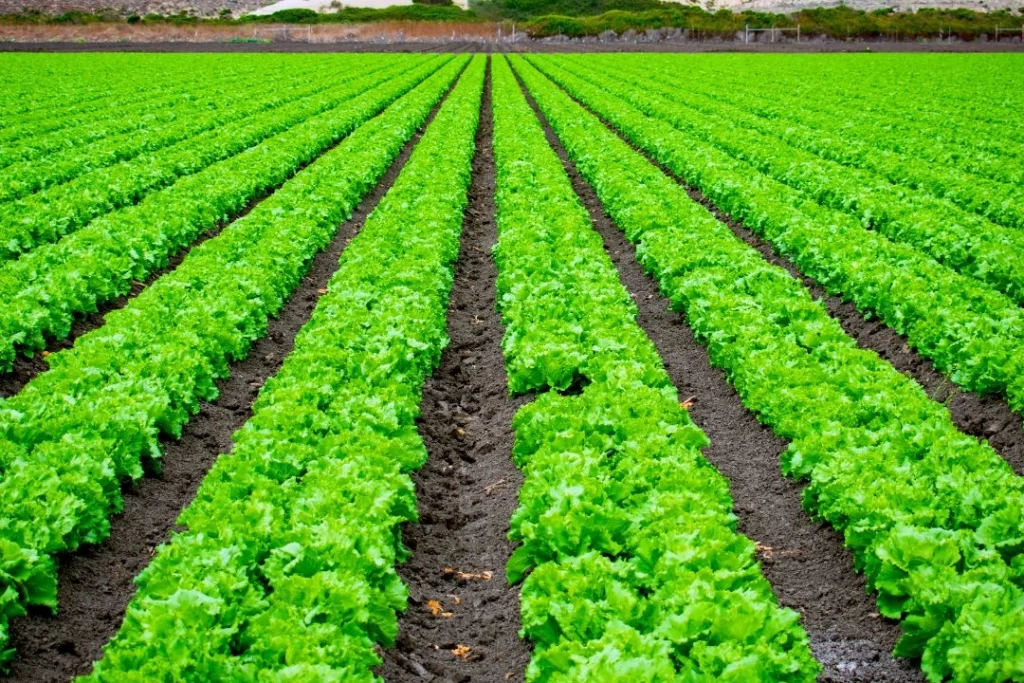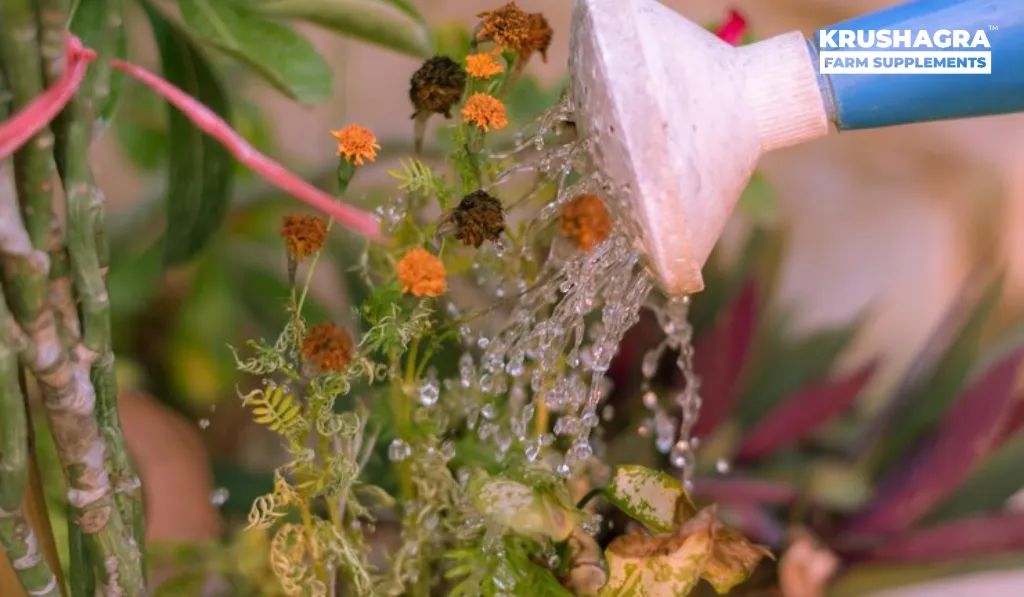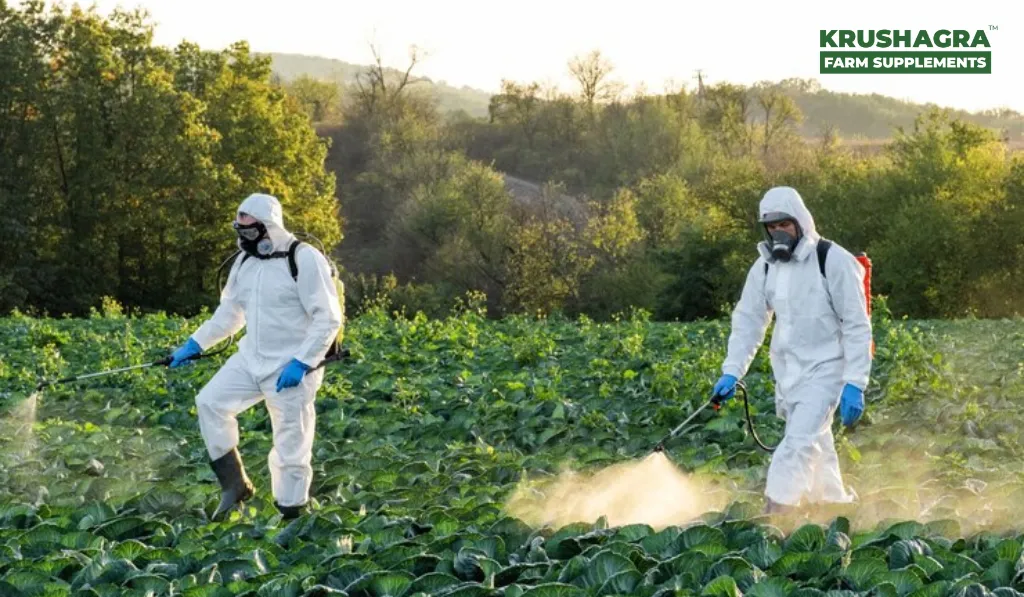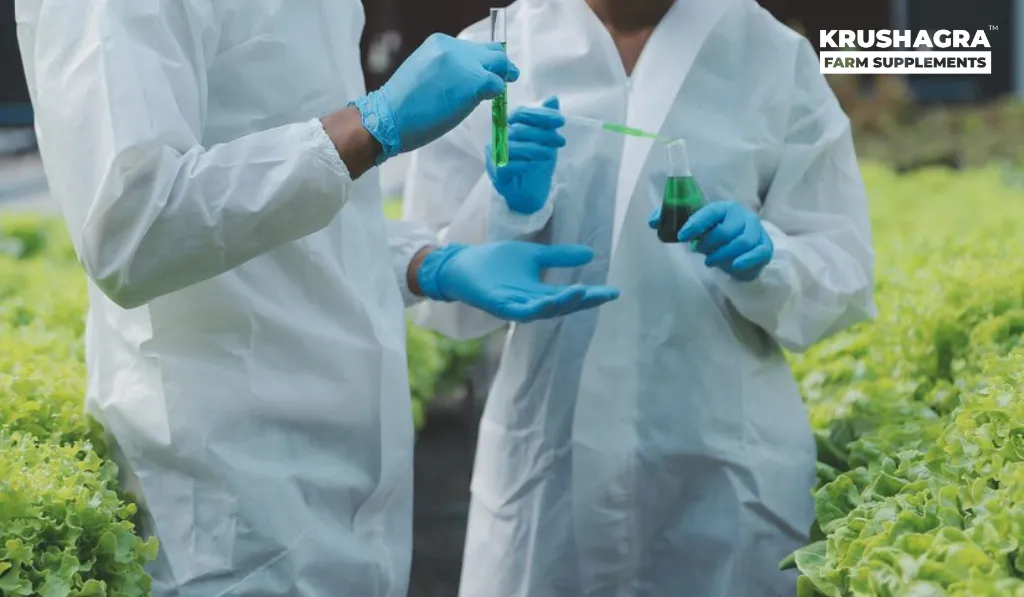Optimizing Biopesticide Application for Summer-Induced Crop Diseases
Introduction As summer temperatures rise, farmers face the challenge of managing crop diseases effectively. Biopesticides, derived from natural sources, offer a sustainable solution to combat these diseases while minimizing environmental impact. Here’s a comprehensive guide on using biopesticides to tackle summer-induced diseases in various crops, along with recommended NPK (Nitrogen, Phosphorus, Potassium) proportions for optimal […]
Optimizing Biopesticide Application for Summer-Induced Crop Diseases Read More »

